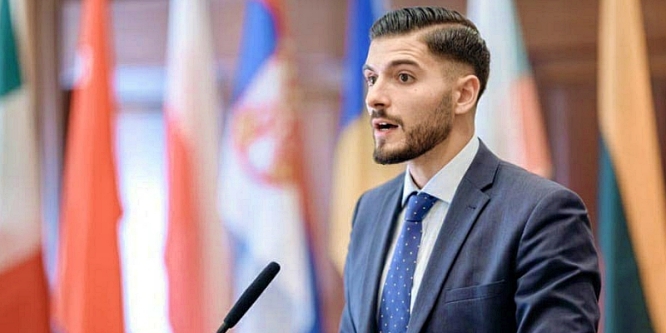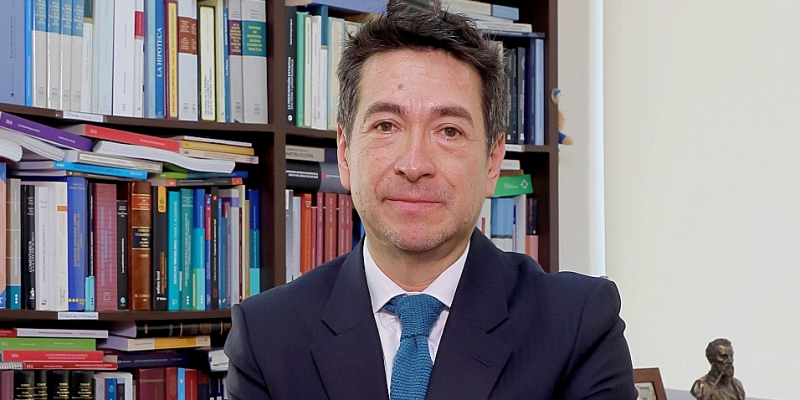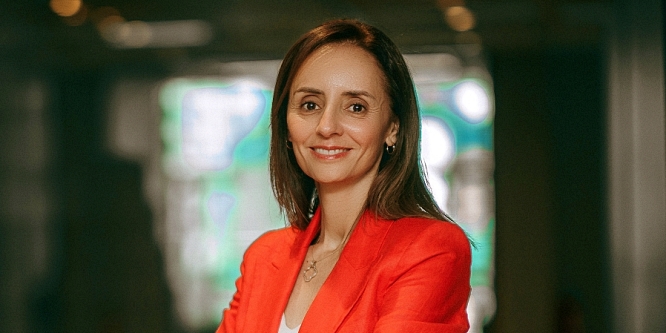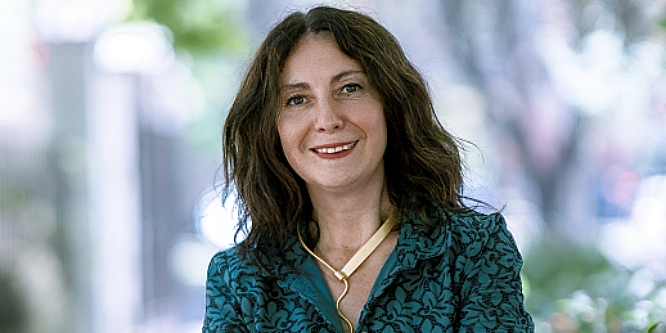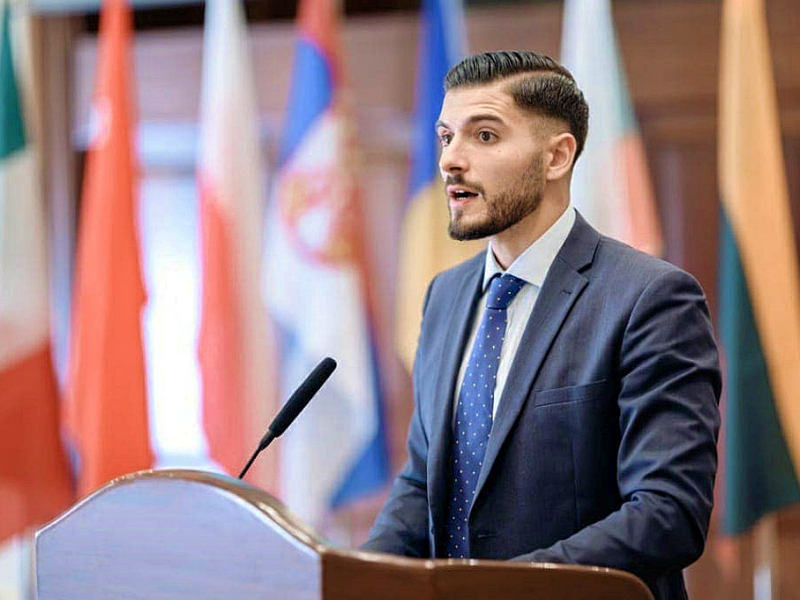
Alexander Borg -like the vast majority of those interviewed in LWYR-, has characteristics that make him unique and a very particular story: A sportsman, he participated in the Maltese national water polo team, and graduated with honors as a Bachelor of Laws from the University of Malta, where he also studied a master’s in law. He has practiced as a corporate lawyer in areas such as intellectual property and new technologies. Today, he is a member of the Maltese Parliament. While politics was never in his plans, “I saw that my country desperately needed fresh, new, young faces and I thought I could be a part of that. I never thought I would be so directly involved in politics,» he says.
Text: LWYR Team.
Images: Courtesy of Alex Borg.
The good thing about social networks is that we can find interesting lives thousands of miles away, without leaving our desk. This is how we met Alex Borg, Honorable Member of the Congress of the Republic of Malta, member of the Popular Parliamentary Group in the European Parliament and who has been part of the fourteenth Maltese legislature since this year 2022.

But beyond his current political activity, this young 27-year-old lawyer and with a Master’s in Law, has combined studies, sports, and even a brief stint in advertising and a bachelor’s degree throughout his life. And! (of course) a Mr Malta crown on his shelf.
Today his interests are focused on Malta and Europe in general. In this sense, he adds that «the pandemic and its socioeconomic consequences, the energy transition, the drift towards populism in the region and the growing tension on the border with Russia pose great challenges to the European Union.»
– An expert lawyer in corporate law, intellectual property and Blockchain, with a Master’s degree in Law and who decides to venture into politics. What leads you to that decision? Did you go to study Law knowing that you would end up in Politics?
– It wasn’t an easy decision to venture into politics, almost immediately after I graduated as a lawyer. However, politics has always been a part of my life due to my father’s involvement in politics. I saw my country in dire need of fresh, new, young faces in politics and thought that I can be a part of that. I never thought I would be so directly involved in politics.
– Law and new technologies: Blockchain, metaverse, digital platforms, online gaming. What do you think are the challenges of Law in digital matters and what is the responsibility of legislators in this regard?
– There are a wide range of legal issues related to emerging technologies. These technologies pose prominent legal challenges how to wedge new phenomena into old frameworks; whether we can and should delegate responsibilities to technologies and how to cope with newly created powers of manipulation.
Government policy will influence the direction of technological developments, and laws and regulations will undoubtedly need to change to address the new reality.
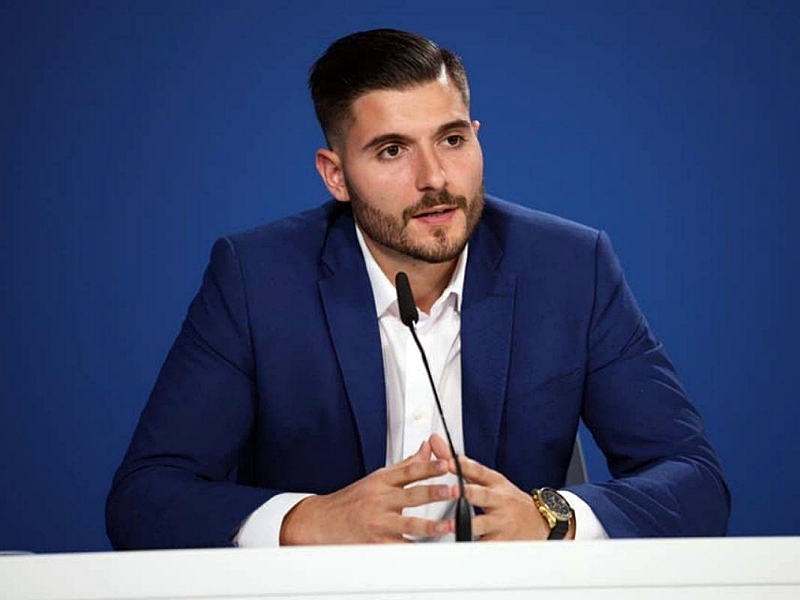
– Beyond Law and new technologies, what do you think are the great legislative challenges for Europe this year?
– The pandemic and its socio-economic consequences, the energy transition, the drift towards populism in the region, and the growing tension on the border with Russia pose great challenges to the European Union. However, other challenges will need to be tackled such as migration, climate change, poverty and inequality and the rule of law.
– Recent legal rankings in Europe have made news due to the low representation of women in legal leadership. In what way are men responsible for creating spaces to break that «glass ceiling» and for women to have equal interference in public affairs and also in companies and law firms?
– I am a firm believer in women’s representation in politics. We had and still have several successful women in politics in Malta, such as Roberta Metsola (currently EP President) and Giovanna Debono (Former Minister for Gozo).
The Gender Corrective Mechanism introduced in Malta has helped in this, however I believe that there is more that is needed for women’s involvement in politics.
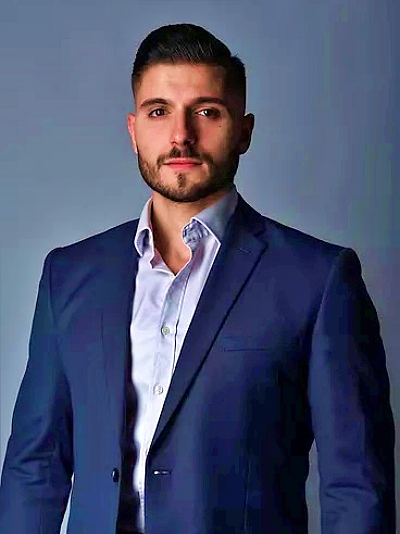
– In 2020 -already a lawyer-, you were chosen Mr World Malta for the Mr World Contest. However, due to your work as a parliamentarian you will no longer hold that title. At a time when beauty pageants -especially women’s- have declined in terms of media interest, why do you think so many men -many of them professionals- are interested in competing in this type of contest?
– I believe that this was a very important stage of my life when I won the Mr World Malta title.
It has thought me a lot of things which will build a stronger character. It has thought me self-discipline, self-awareness, and self-confidence.
– Having social networks, a power that can often be «devastating» in self-esteem or security, especially of young people, what can States do to regulate social networks, or are you in favor of a completely free digital world?
– Regulation is important as it not only does it minimize the chances of receiving false information, but it also reduces the possibility of creating conflict among people. Additionally, this will ensure that there is a standard that users must follow which will make them strictly adhere to the rules. We need to find the right balance between regulating our social media platforms but leaving that much needed freedom for users to be able to easily engage online.
Short questions
1. A sport – Waterpolo
2. A country you would like to visit – Japan
3. Your ideal vacation – Somewhere quiet in the countryside
4. A political leader to follow – Eddie Fenech Adami
5. A lawyer you admire – Gerald Leonard Spence
6. President of Malta in the future? – One step at a time. I will focus on Gozo for the time being and give my 100% in that.

